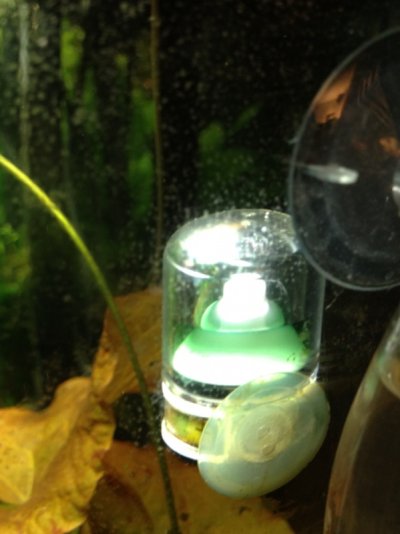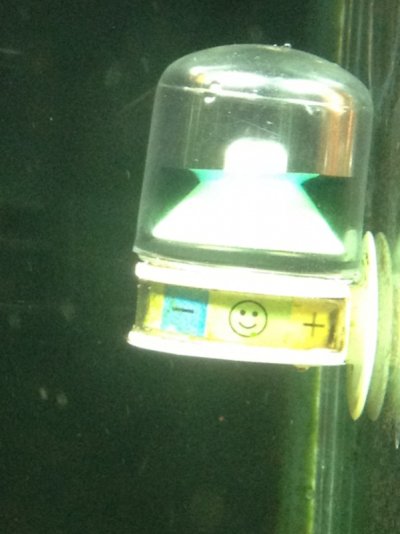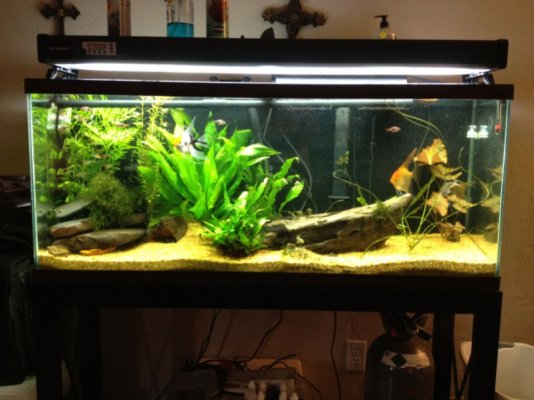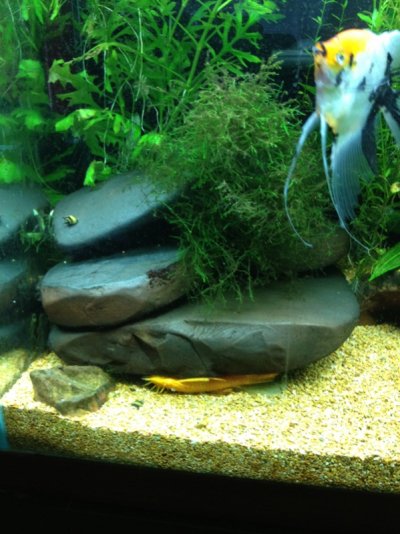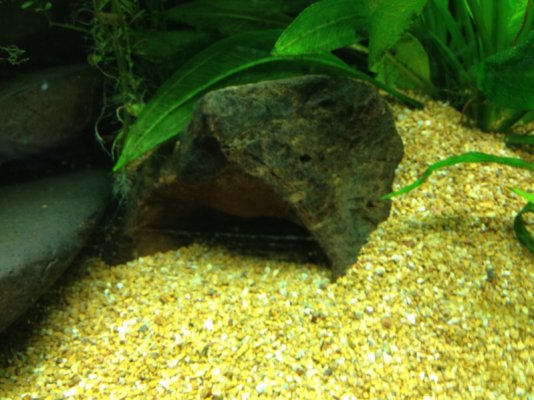Batt4Christ
Aquarium Advice FINatic
- Joined
- Apr 18, 2011
- Messages
- 634
My new GH & KH test kit came in today... and boy were my eyes opened!
TAP WATER:
GH = 1 degree
KH = 1 degree (17.9 ppm or less)
29g TANK:
GH = 6 degrees (107.4ppm)
KH = 5 degrees (89.5ppm)
55g TANK:
GH = 21 degrees (off the chart included in the kit) - I tested 2X to be sure!
KH = 6 degrees
So... I think I now understand why I can't get my pH down as much as I believe it should running pressurized CO2. It also explains why, over the space of a week, pH creeps back up, despite constant CO2 injection. Soon after a water change, pH comes down a bit easier. But after a week, it starts the creep back up.
So - time to investigate the rocks in my tank. My substrate is pfs, so I'm pretty confident in that. BUT I have a large pile of rocks in one end of the tank of collected rocks. I really would prefer not to have to take them out... But... add to it - what minerals are raising the GH so much?
Let the investigation begin...
TAP WATER:
GH = 1 degree
KH = 1 degree (17.9 ppm or less)
29g TANK:
GH = 6 degrees (107.4ppm)
KH = 5 degrees (89.5ppm)
55g TANK:
GH = 21 degrees (off the chart included in the kit) - I tested 2X to be sure!
KH = 6 degrees
So... I think I now understand why I can't get my pH down as much as I believe it should running pressurized CO2. It also explains why, over the space of a week, pH creeps back up, despite constant CO2 injection. Soon after a water change, pH comes down a bit easier. But after a week, it starts the creep back up.
So - time to investigate the rocks in my tank. My substrate is pfs, so I'm pretty confident in that. BUT I have a large pile of rocks in one end of the tank of collected rocks. I really would prefer not to have to take them out... But... add to it - what minerals are raising the GH so much?
Let the investigation begin...

